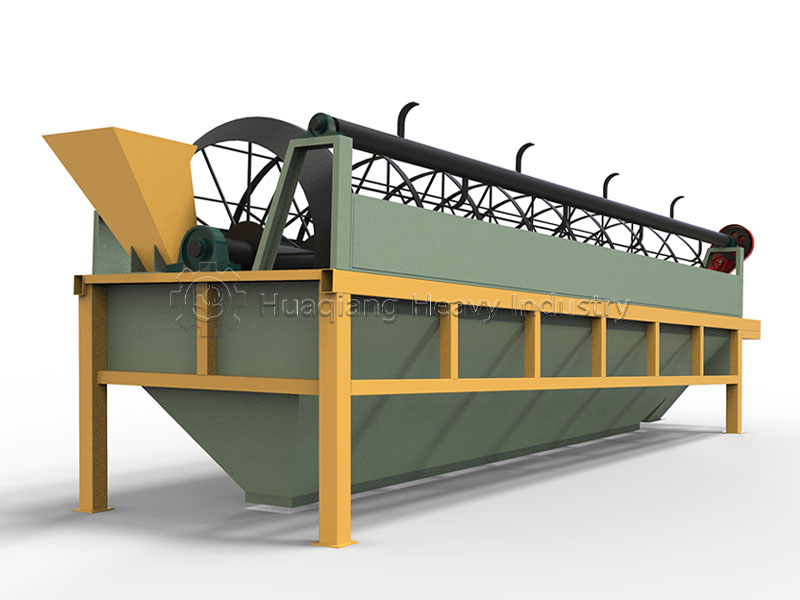In the organic fertilizer production process, the quality of material screening directly affects the particle uniformity and application effectiveness of the finished fertilizer. Therefore, selecting an appropriate drum screener machine is crucial. Considering the material characteristics and process requirements of organic fertilizer production, the following key aspects should be considered when selecting a suitable drum screening machine.
First, focus on the equipment’s processing capacity and screening efficiency. Organic fertilizer production is often a continuous process, so the equipment must be able to match the overall production line capacity to avoid material accumulation due to slow screening speeds. Furthermore, screening efficiency must meet industry standards to ensure rapid separation of materials of varying particle sizes and minimize unscreened material residue. When selecting a drum screener machine, pay particular attention to its ability to screen wet and easily agglomerated materials. The equipment must be able to effectively handle these materials and avoid clogging of the screen openings.
Second, consider the equipment’s wear and corrosion resistance. Organic fertilizer materials may contain corrosive components or hard impurities. A high-quality drum screener machine should use wear-resistant and corrosion-resistant materials for its core components, especially the screen and drum lining. This reduces the need for routine maintenance, extends the equipment’s lifespan, and minimizes the risk of production interruptions.
Finally, the equipment’s adjustable flexibility and ease of operation must also be considered. Different batches of organic fertilizer may require different screening accuracies, and the equipment should be able to flexibly adjust parameters such as mesh size and vibration frequency to accommodate diverse production needs.



